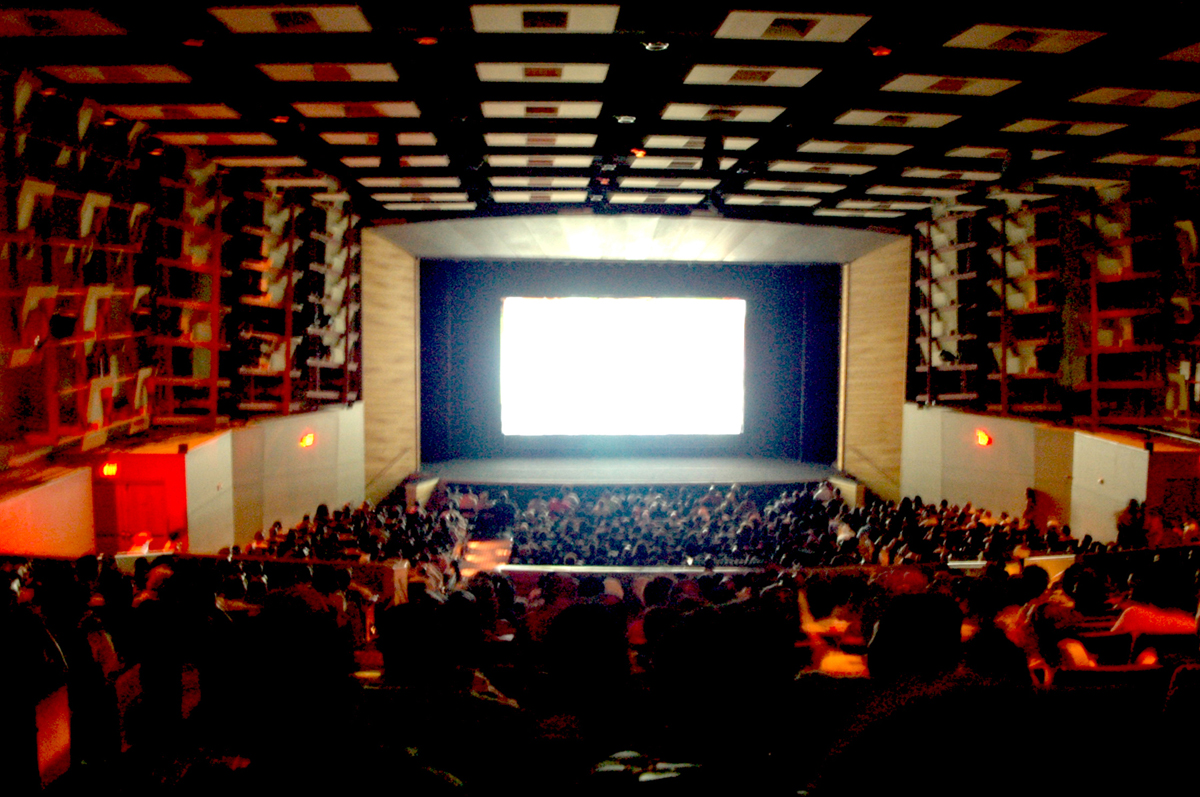Do you want to go see “The Young People Who Traverse Dimensions While Wearing Sunglasses”?
You’ve already seen that movie if you went to see The Matrix here in the United States. The incredibly long title is what distributors in France decided to name it (source: shortlist.com). In Italy the movie Eternal Sunshine of the Spotless Mind was translated to If you leave me, I delete you (Se mi lasci, ti cancello). The movie Lost in Translation in Portugal was translated to Love is a strange place (O Amor é um Lugar Estranho). Vaseline is greasy, which may also be why Argentina used the word Vaselina to title the movie Grease.
Why are American movie titles changed in foreign countries? According to a 2015 report by the U.S. International Trade Administration, U.S. media and entertainment exports are on the rise from $598 billion in 2014 to a projected $723 billion by 2018. Revenues for Global Film & Digital TV will reach $118 billion by 2018. The top five markets for U.S. media and entertainment are the United Kingdom, China, Canada, Brazil and India. So, foreign movie titles don’t need to make sense…to Americans.
Did you know that humor and idioms don’t travel well between cultures? Marvel’s Guardians of the Galaxy, otherwise known in Taiwan as Interplanetary Unusual Attacking Team (星際異攻隊 ) was not well received there because viewers didn’t understand the jokes (source: cracked.com).
Movie producers around the globe need to pay close attention to what international audiences want, and more specifically to their cultural preferences. Americans, for example not always understand foreign cultural references. A recent article in Fortune Magazine explains how Monster Hunt (捉妖记), China’s highest grossing Chinese movie ever released only earned $21,000 in ticket sales on its opening weekend in the U.S. The film was released in Mandarin with English subtitles and also dubbed in English. American critics found the action-comedy plot confusing.
What are some American filmmakers doing to bridge the cultural barrier?
In order to compete globally, themes and characters must be global too. Hollywood has taken an extra step, such as featuring actors from their native countries. In the movie “Red Dawn,” the nationality of the invading soldiers was changed from Chinese to North Korean to avoid offending the Chinese audience. IMAX employs 60 staff employees in their China office to handle all local relationships. Richard Gelfond, Chief Executive of IMAX Corporation wrote in his blog, “our global strategy is simple: think and act like a local company.”
What about the actual movie-going experience?
If you want to see a movie in Japan, be ready to pay $22.50 per ticket. In China, while the large digital screens, plush seating and clean floors at Time Movie World are similar to the movie theaters in the U.S., there are clear differences (source: L.A. Times). Yes, you can get popcorn and a large soda, or you can go for some squid, smelt and dried prunes at the concession stand.
Now don’t get upset if people are talking during the good part.
I would love to hear from you. Contact Vivian Isaak at visaak@magnumgroupinc.com





